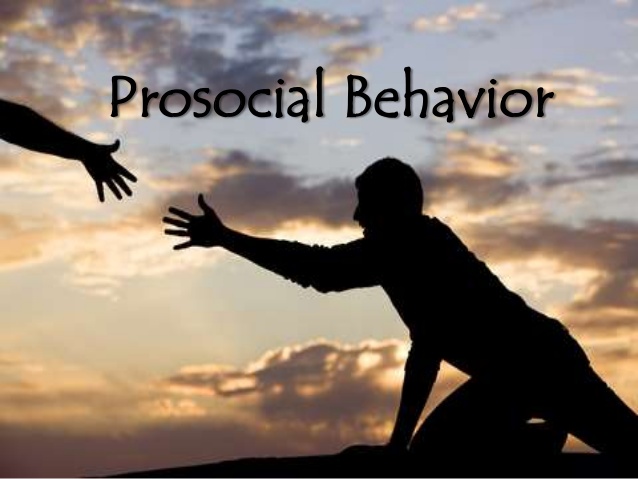Prosocial behavior is any behavior that is intended to benefit another person or persons. Examples include volunteer work, donating money, or helping a neighbor move a heavy item of furniture. The most striking type of prosocial behavior is altruism, where a person takes on a cost to help another person with no expectation or possibility of receiving a benefit in return.
Prosocial behavior is a form of positive psychology that focuses on how people help each other out and do things for the greater good. It explores why some people feel a sense of personal responsibility to engage in prosocial behavior and how others use such behaviors to serve themselves.
Prosocial behaviors are often divided into three categories: proactive, reactive, and altruistic.
- Proactive prosocial actions usually come out of self-interest. They tend to be status linked and enhance the popularity of the person within a particular group.
- Reactive prosocial actions are performed in response to a situation.
- Altruistic prosocial actions are actions that are meant to help others without asking for anything in return.
Examples of prosocial behaviour are:
- Helping
- Donating
- Volunteering
- Co-operating
- Being emotionally supportive
- Obeying society rules
Furthermore, prosocial tendencies may be linked to genetics. For example, some people may have prosocial personality traits such as agreeableness and honesty, which make them more inclined towards prosocial behaviors. Also, there may be sex differences in how people exhibit prosocial behaviors or why they engage in those behaviors at all.
When you engage in prosocial behavior, the goal of your behavior is to address another person’s needs. Generally speaking, people’s needs fall into three categories:
- Instrumental needs, where an individual experiences difficulty achieving a goal on their own
- Unmet desires, where an individual does not have access to a required resource
- Emotional distress, such as grief or loneliness
In conclusion, when you help a person reach a goal, share your resources, or provide comfort, you are engaging in prosocial behavior.



